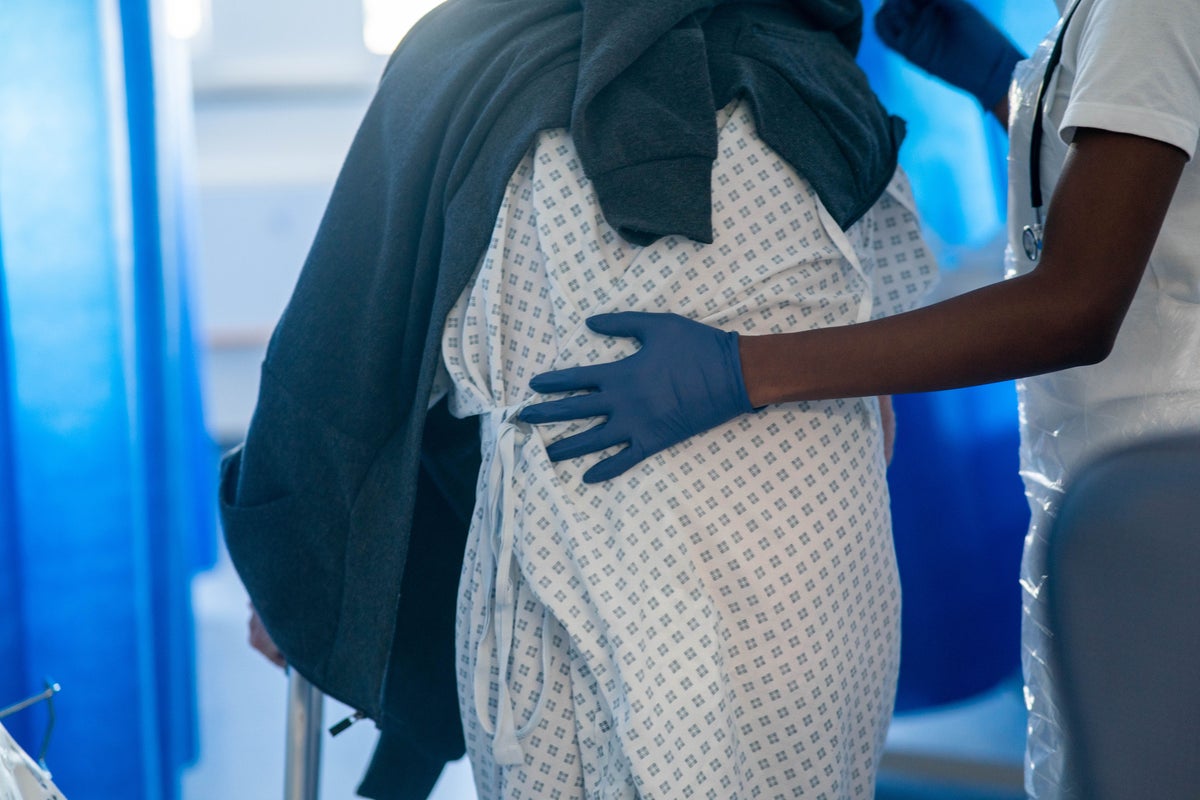
People with a form of blood cancer are living almost twice as long on average compared to 20 years ago, according to a study.
However, experts warned survival for multiple myeloma “remains devastatingly low” and more must be done, including making it easier for patients from all backgrounds to access clinical trials.
Multiple myeloma is incurable, and happens when the bone marrow makes abnormal white blood cells, known as plasma cells.
Symptoms include pain in the bones, tiredness, headaches, muscle weakness and shortness of breath.
For the study, funded by Cancer Research UK and Blood Cancer UK, researchers at the University of York analysed data from 3,720 patients in England diagnosed with multiple myeloma between 2005 and 2019.
They found median survival had risen from 2.4 years to 4.5 over the 15-year period.
Researchers described the improvement in survival as “impressive”.
They added that the findings, published in the journal Haematologica, confirm “that therapeutic advances are benefiting patients not only in clinical trials, but in the real-world setting”.
While experts welcomed this progress in myeloma, they stress that continued research is needed.
Alexandra Smith, professor of cancer epidemiology at the University of York and lead author of the study, said: “Thanks to research, someone diagnosed with myeloma now has far better prospects than they would have two decades ago.
“New treatments are kinder, less toxic, and more effective, allowing every patient – including the most vulnerable – to benefit.
“But we can’t stop here. Survival for myeloma remains devastatingly low – which is why continued research into new ways to treat the disease, and diagnose it sooner, is so vital.”
There are about 6,200 cases of myeloma diagnosed every year, the equivalent of 17 a day.
The study also found survival has increased most in patients aged 80 and over, with the number of people in this age group living for five years or more rising five-fold since 2005.
Researchers suggest this could be due to better tolerated treatments for older patients and said the finding shows “the importance of not excluding older and frailer patients from clinical trials”.
Michelle Mitchell, chief executive of Cancer Research UK, added: “Every improvement in cancer survival represents invaluable time for patients to spend with the people they love.
“This progress is testament to the hard work of both scientists and NHS staff, showing the importance of putting research at the front and centre of our health service.
“The upcoming National Cancer Plan for England has to ensure clinicians have the time and space to run more life-saving clinical trials, and help get exciting new treatments to patients sooner.”
Dr Richard Francis, deputy director of research at Blood Cancer UK, added: “Blood cancer is the UK’s third biggest cancer killer and too many people with myeloma still die far too soon.
“These results show that research works but to keep improving blood cancer survival, we must do whatever it takes. It takes world-class blood cancer research, it takes faster access to clinical trials, and it takes an NHS that can get the best new treatments to patients quickly.
“Clinical trials offer real hope, but too often blood cancer patients struggle to access them. We urgently need a system that makes it easier for people with blood cancer from all backgrounds to take part, alongside increased investment in myeloma clinical trials.”
